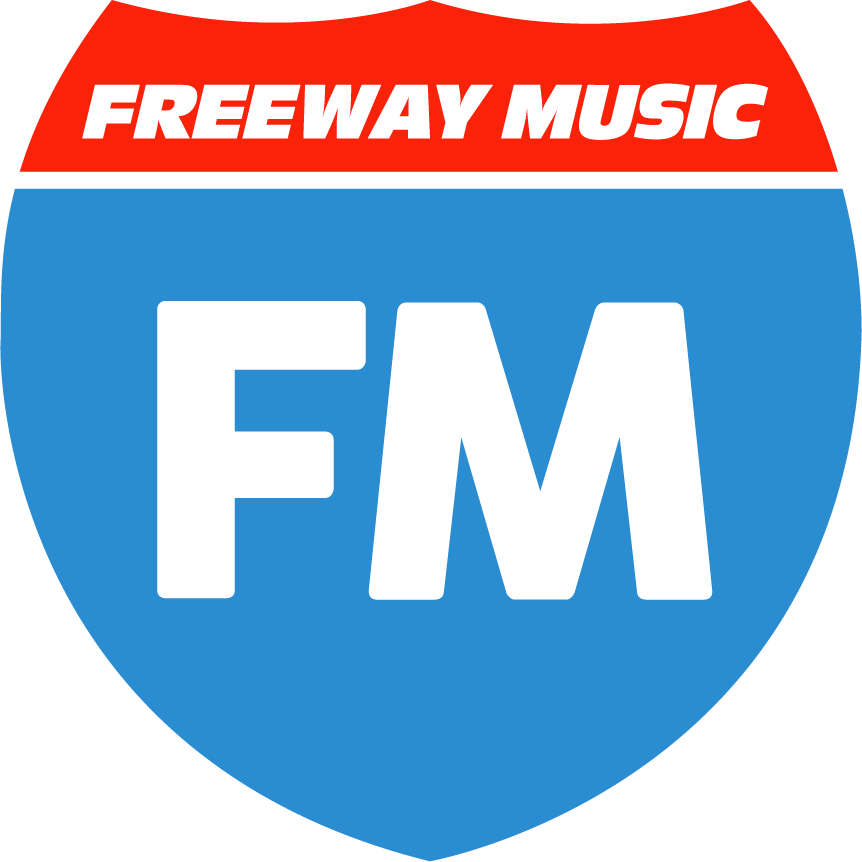How many times as a musician have you heard the term “The Nashville Numbers System”? It gets tossed around a lot. I think it is a wonderful tool, and I teach it to all my students at some point. Basically, one uses numbers to describe the chords in a song. If you are familiar to theory, then you know that the basic triads and 7ths in each key are the same chord types. Instead of calling them by the chord name specific to the key, you simply refer to them as numbers. For example, the “one chord” would be C Major in the key of C, and D Major in the key of D, etc. The “two chord” would be Dm in C, and Em in D, etc. I have taken the time to list a few situations this system will come in handy:
The Diva
I say this MOSTLY in jest, but you will undoubtably run into this a situation where you are playing with a singer who is unsure of the key they sing in… or, maybe they just aren’t feeling that key on that particular day. So, that song you spent an hour learning the chords for, just got shifted to an awful key like Gb! ugh! No worries though. If you understand the Nashville numbers system, you can easily make this transition on the fly. Simply, figure out the number pattern to the song, and move it to another key. This obviously takes understanding of other keys. With a little practice and experience, it is very attainable.
A New Song
You could be covering as gig for someone, sitting in, or maybe your singer called a brand new tune in the middle of a gig without a chart! This all WILL more than likely happen to you at some point in your career. If each person in the group is familiar with the Nashville Numbers System, they can simply call out the numbers for each section of the song. You would be amazed at how quickly you can learn tunes on the fly. The key also is irrelevant, because you will be dealing with numbers. It’s very simple to apply this to guitar and bass, because all of the scales and chord shapes are the same.
Writing
Once you understand how to analyze and diagram tunes, you begin to learn the chemistry behind each one. This is amazing if you are a writer! You can diagram your favorite writers, and learn how they forge songs…sometimes you might be disappointed at how easy most hits are…LOL. A lot of times though you will discover some great ideas and tricks that you can apply to your own writing. I remember learning “Creep” by Radio Head, and being stoked to discover that it went from a four chord to a minor four chord. I immediately wrote a song with that concept.
I’m sure there are many other instances where this system can come in handy. If you don’t understand The Nashville Numbers System, do yourself a favor and learn it ASAP! It will save you in many situations. Then, the next time you run into a diva, a new tune, or a situation where you want to analyze a tune, you will be better equipped.
